Adding smart devices can indeed boost your home's value, particularly among modern buyers who value technology. Properties equipped with smart appliances typically command higher prices, as they often promise improved efficiency and convenience. For instance, smart thermostats can reduce energy bills by up to 30%, making them appealing to cost-conscious consumers. However, challenges such as compatibility with existing systems and ongoing maintenance must be considered. While the upfront costs for installation can be significant, the return on investment typically averages around 11% for high-quality devices. Exploring how smart technology can elevate your living space may reveal further opportunities for improvement.
Smart Home Value Insights
The incorporation of smart technology within residences increasingly boosts property worth, particularly appealing to tech-oriented buyers. Contemporary home purchasers often emphasize smart home technology, perceiving it as an essential attribute that enhances comfort, efficiency, and safety. Studies show that residences equipped with smart gadgets can fetch higher prices, with prospective buyers willing to invest 3% to 5% more for homes that feature these advancements.
The interest in smart amenities differs among age groups, with younger individuals exhibiting a stronger preference for technology-enhanced living spaces. This phenomenon highlights the necessity of recognizing market inclinations when contemplating ways to augment a smart home's value. The expense of automating a residence typically ranges from $2,000 to $6,000, representing a beneficial investment when the potential return is evaluated.
Additionally, smart gadgets not only elevate home value but also grant homeowners enhanced control over their environments. By improving energy efficiency and boosting security, these technologies contribute to a more desirable lifestyle. Therefore, individuals considering enhancements should assess the long-term advantages of smart home technology against upfront costs, acknowledging its considerable capacity to increase property value.
High-ROI Smart Devices
Numerous smart devices, like Samsung's smart refrigerators and Nest's smart thermostats, yield substantial returns on investment. These appealing options attract homeowners eager to boost comfort and enhance property value. Smart appliances, for instance, deliver an average ROI of about 11% higher than traditional models. They enhance convenience and promote energy efficiency, ultimately lowering utility costs.
Smart thermostats, such as the Ecobee SmartThermostat, allow homeowners to cut heating and cooling bills by up to 30%. This significant drop in energy consumption attracts environmentally conscious buyers and those aiming for reduced monthly expenses. Likewise, smart lighting solutions from Philips Hue optimize energy use, automatically adjusting based on occupancy or time of day.
In addition, security devices like August smart locks and Ring cameras increase a home's attractiveness. These features enhance safety and appeal to buyers who value peace of mind. Investing in high-ROI smart devices elevates the living experience and positions a home advantageously in the market. By choosing devices with considerable returns, homeowners can enhance their properties while reaping the benefits of cutting-edge technology.
Considerations for Installation
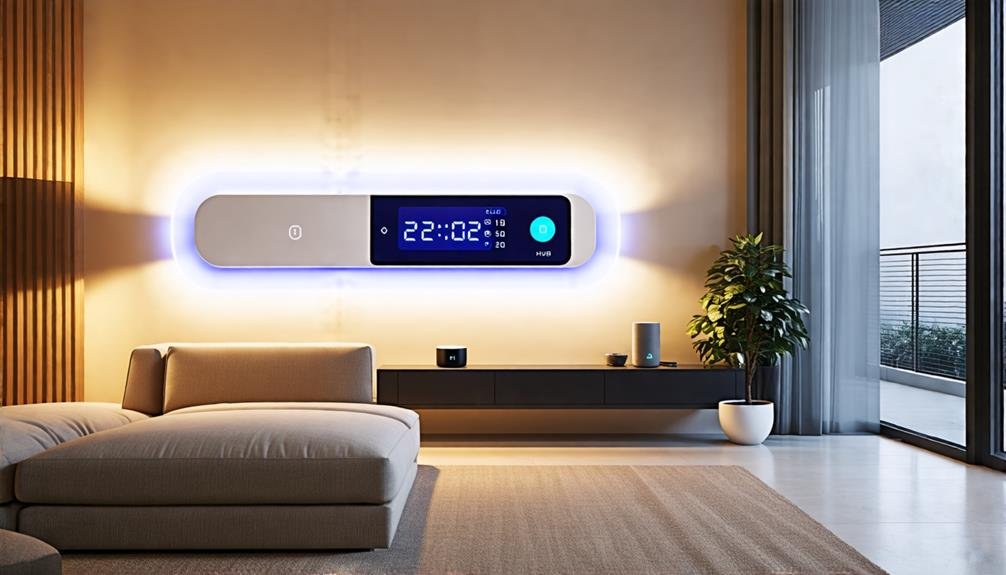
Installing smart devices involves careful consideration of compatibility, individual preferences, and the influence on daily routines. Homeowners, like those using Google Nest or Philips Hue, should assess how each gadget works with their current systems. Compatibility challenges can occur when mixing devices from various brands, leading to frustration and inefficiencies.
Furthermore, personal preferences should steer the selection process. Homeowners should focus on functionalities that align with their lifestyles, rather than simply following market trends. For example, a smart thermostat from Ecobee may attract those prioritizing energy efficiency, while others may favor traditional controls.
Additionally, the installation of smart devices can significantly change daily habits. It's important to contemplate how these gadgets will enhance or disrupt your everyday life. For instance, while smart lighting from LIFX can provide convenience, it may also necessitate adjustments to established routines.
Personal Benefits of Smart Devices
Smart devices enhance daily life for homeowners by offering convenience, efficiency, and control. These technologies enable individuals to manage their residences remotely, providing flexibility in daily routines. For example, a Nest Thermostat learns user preferences and optimizes heating and cooling schedules to align with lifestyles, resulting in reduced energy expenses. This not only increases comfort but also leads to substantial savings.
In addition, smart appliances, such as Samsung's smart ovens, streamline household tasks, allowing for more efficient time management. Voice-activated assistants like Amazon's Alexa facilitate meal preparation and chore management, freeing up time for relaxation and personal pursuits.
Smart lighting systems, like Philips Hue, can be programmed to adjust according to user schedules, enhancing ambiance while promoting energy efficiency. These devices create a more enjoyable living environment and empower users with greater control over their surroundings.
Potential Drawbacks of Smart Technology
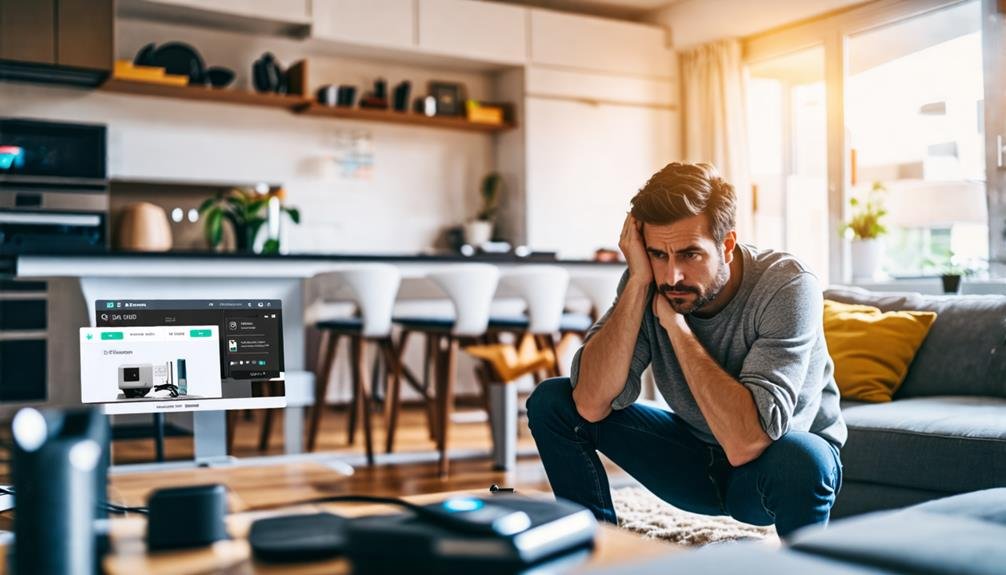
The integration of smart home devices, like Amazon Echo and Google Nest, can enhance the homeowner experience significantly. However, potential drawbacks warrant consideration before investing. One major issue is the continuous upkeep and software updates required for these devices, which can become demanding over time. Additionally, compatibility problems among brands, such as Philips Hue and Samsung SmartThings, may surface, leading to frustration and limited functionality.
Security and privacy risks are crucial; smart gadgets can be susceptible to cyberattacks, jeopardizing personal information. The upfront expense of installing smart technology, like smart thermostats or security cameras, can also be considerable, with homeowners potentially facing costs that do not provide immediate returns.
Moreover, the fast-paced advancement of technology means that devices like smart TVs or home assistants can become obsolete quickly, prompting further spending on replacements or upgrades. This ongoing cycle can undermine the perceived worth of the original investment.

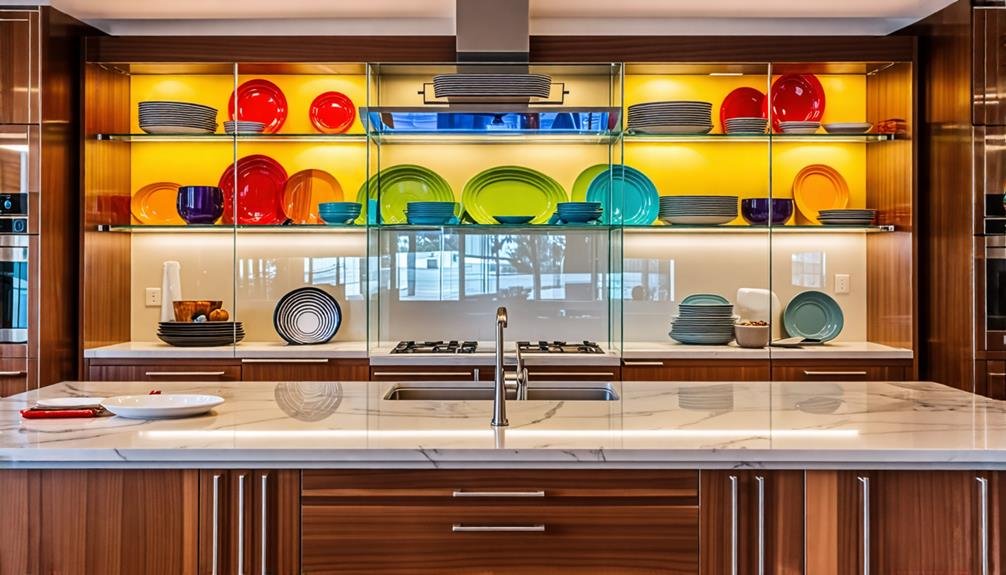














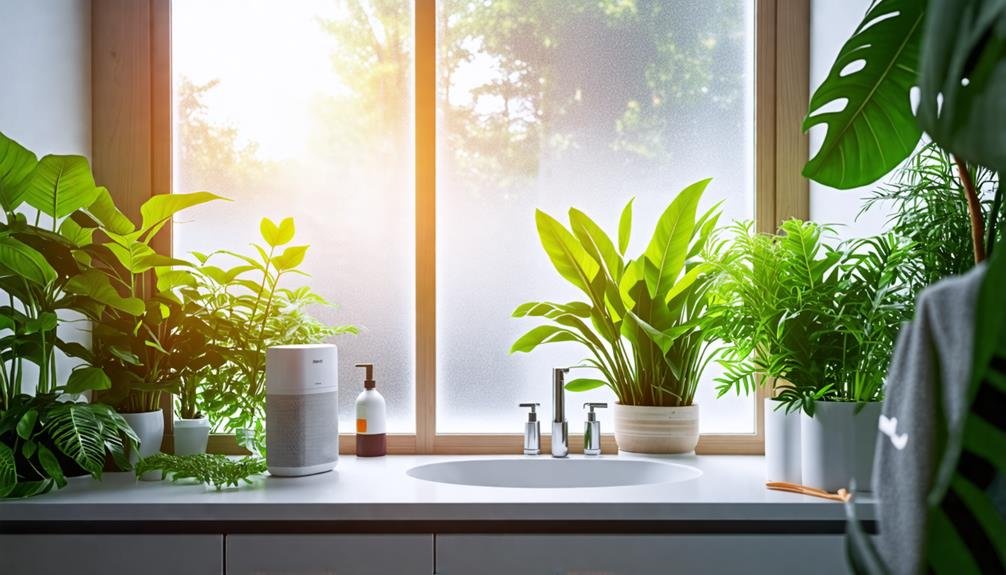
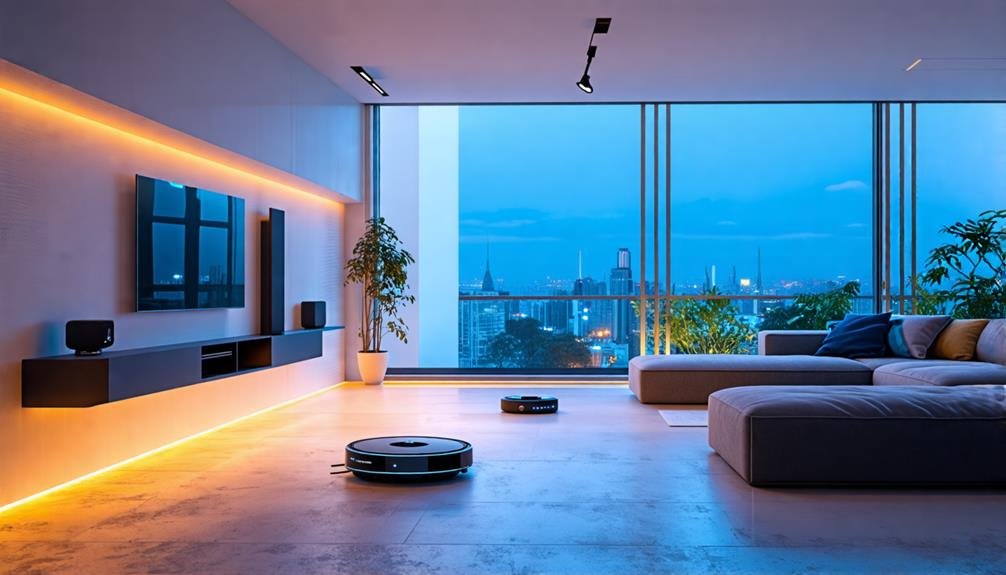



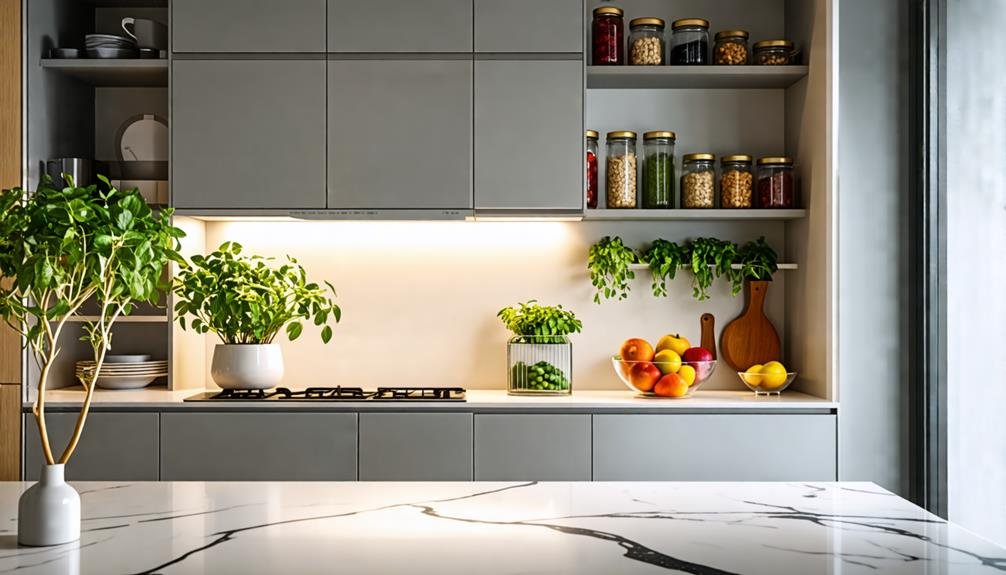

You must be logged in to post a comment Login